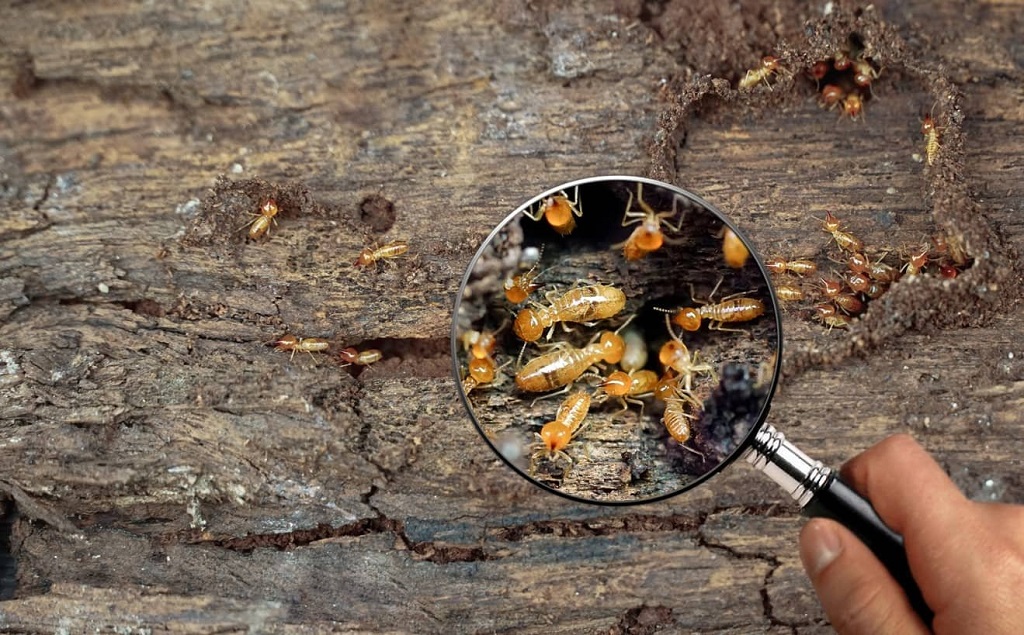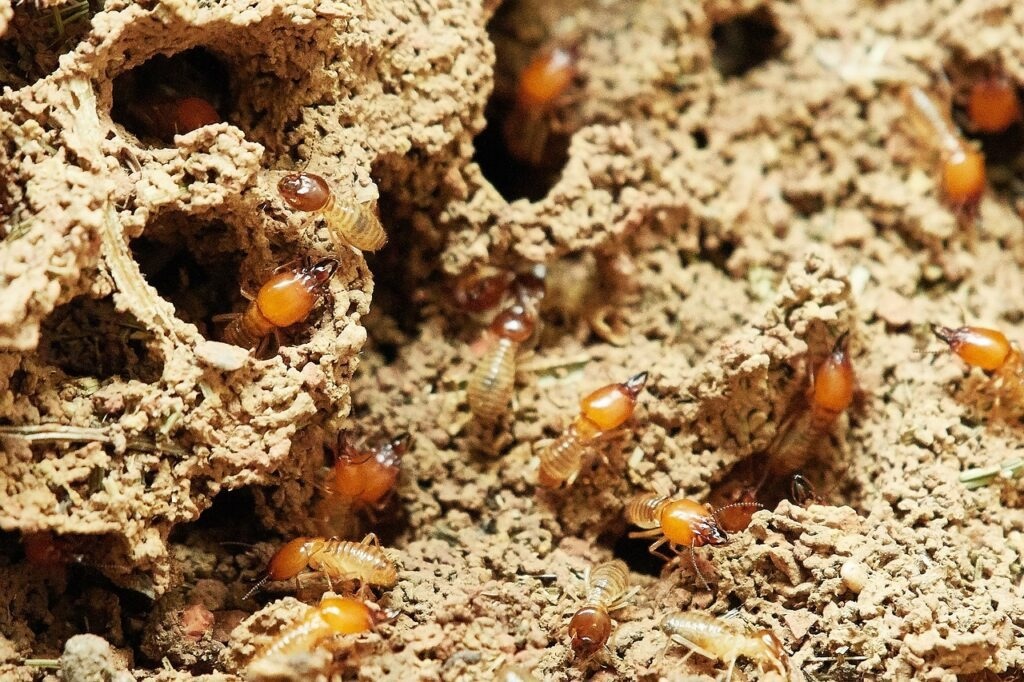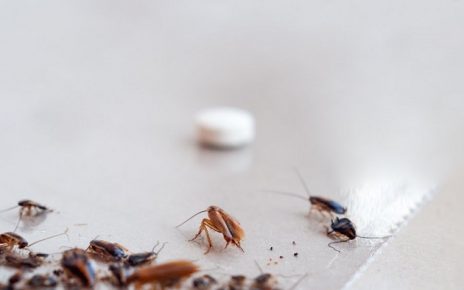Termites, often referred to as ‘silent destroyers’, can wreak havoc on homes and structures without any visible signs until significant damage has been done. These tiny insects feed on cellulose-based materials, such as wood, and their colonies can number in the millions. The insidious nature of termite trouble infestations makes prevention through regular inspections absolutely vital.
The Unseen Threat: Why Termite Inspections Matter
Termite infestations often go unnoticed for extended periods. Unlike other pests that leave obvious trails, termites remain hidden within walls, floors, and foundations. Their presence can lead to structural instability, compromising the safety and value of a property. The economic impact of termite damage is significant, costing homeowners billions of dollars each year in repairs and treatments.
The Importance of Proactive Inspections
Prevention is key in the battle against termites. Timely inspections by qualified professionals are an essential tool for early detection and control. A comprehensive inspection can identify signs of termite activity, assess the extent of any existing damage, and determine the most effective treatment options.
Benefits of Regular Inspections
- Early Detection: Inspections can reveal termite infestations in their initial stages, allowing for prompt treatment before extensive damage occurs.
- Accurate Assessment: Trained inspectors can accurately assess the scope of an infestation and provide tailored solutions.
- Preventive Measures: Inspectors can identify vulnerabilities in a structure and recommend preventive measures to deter future infestations.
- Peace of Mind: Knowing that your home is being regularly monitored for termite activity can provide valuable peace of mind.
The Inspection Process: What to Expect
A professional termite inspection involves a thorough examination of both the interior and exterior of a property. Inspectors will typically focus on areas prone to termite activity, such as basements, crawl spaces, attics, and wooden structures. They will look for signs of termite presence, such as mud tubes, discarded wings, and damaged wood. If significant issues are found, it might be wise to consider when to walk away after a home inspection. For more information on this topic, you can visit https://creativejasmin.com/interior-decoration/when-to-walk-away-after-a-home-inspection/.
Key Components of an Inspection
- Visual Examination: The inspector will conduct a visual assessment of all accessible areas, looking for evidence of termites.
- Moisture Assessment: Termites thrive in moist environments, so the inspector will check for areas of high moisture.
- Probing: The inspector may use a probe to gently tap on wood to detect hollow areas caused by termite damage.
- Thermal Imaging: In some cases, thermal imaging technology may be used to detect termite activity behind walls and other inaccessible areas.
When to Schedule Inspections
The frequency of termite inspections will depend on various factors, such as the property’s location, age, and previous history of termite activity. As a general rule, it is recommended to have an inspection at least once a year.
Additional Considerations
- New Construction: Termite inspections are crucial during the construction process to ensure that preventive measures are taken.
- Real Estate Transactions: In many regions, termite inspections are mandatory during real estate transactions.
- High-Risk Areas: Homes located in areas with a high prevalence of termite activity may require more frequent inspections.
Choosing the Right Inspector
Selecting a qualified and experienced termite inspector is essential. Look for professionals who are licensed and certified, and who have a proven track record in termite control. Request references and compare quotes from multiple inspectors before making a decision.
Qualities to Look For in an Inspector:
- Experience: The inspector should have extensive experience in dealing with termite infestations.
- Knowledge: The inspector should be knowledgeable about the different types of termites and the latest treatment methods.
- Communication Skills: The inspector should be able to clearly explain the inspection process and any recommended treatments.
- Customer Service: The inspector should be responsive and provide excellent customer service.
Beyond Inspections: Preventive Measures
While regular inspections are crucial, homeowners can also take steps to reduce the risk of termite infestations.
Read More Also: Why watching comedy is good for your health
Tips for Prevention
- Eliminate Moisture: Repair leaks, ensure proper drainage, and avoid excessive watering around the foundation of the home.
- Reduce Wood-to-Soil Contact: Keep firewood, lumber, and other wood debris away from the foundation.
- Seal Entry Points: Seal cracks and gaps in the foundation and exterior walls to prevent termites from entering.
- Maintain Ventilation: Proper ventilation in crawl spaces and attics can help to reduce moisture levels.
- Regular Landscaping: Keep shrubs and trees trimmed away from the house to reduce shade and moisture.
In Conclusion: Vigilance is Key
Termite infestations can pose a serious threat to homes and structures. The hidden nature of these infestations makes early detection through timely inspections essential. By taking a proactive approach and partnering with qualified professionals, homeowners can protect their investments and ensure the long-term structural integrity of their properties. Remember, when it comes to termites, vigilance is key!
Additional Points to Consider
- Research the different types of termites common in your area to understand their specific habits and vulnerabilities.
- Consider investing in a termite bond or warranty for added protection.
- If you suspect termite activity, don’t delay in seeking professional assistance.
- Be wary of DIY termite treatments, as they may not be effective and could even exacerbate the problem.
By understanding the risks posed by termites and taking preventive measures, you can safeguard your home and avoid costly repairs down the line. Remember, when it comes to termite control, timely inspections are your first line of defense.




